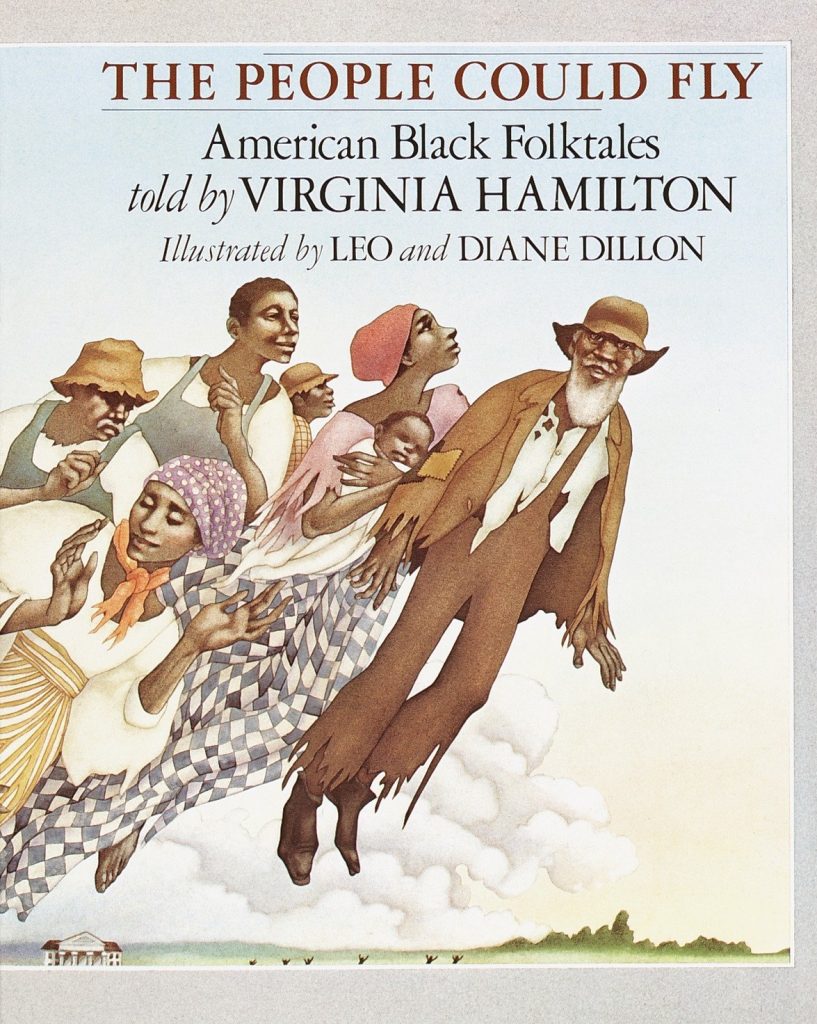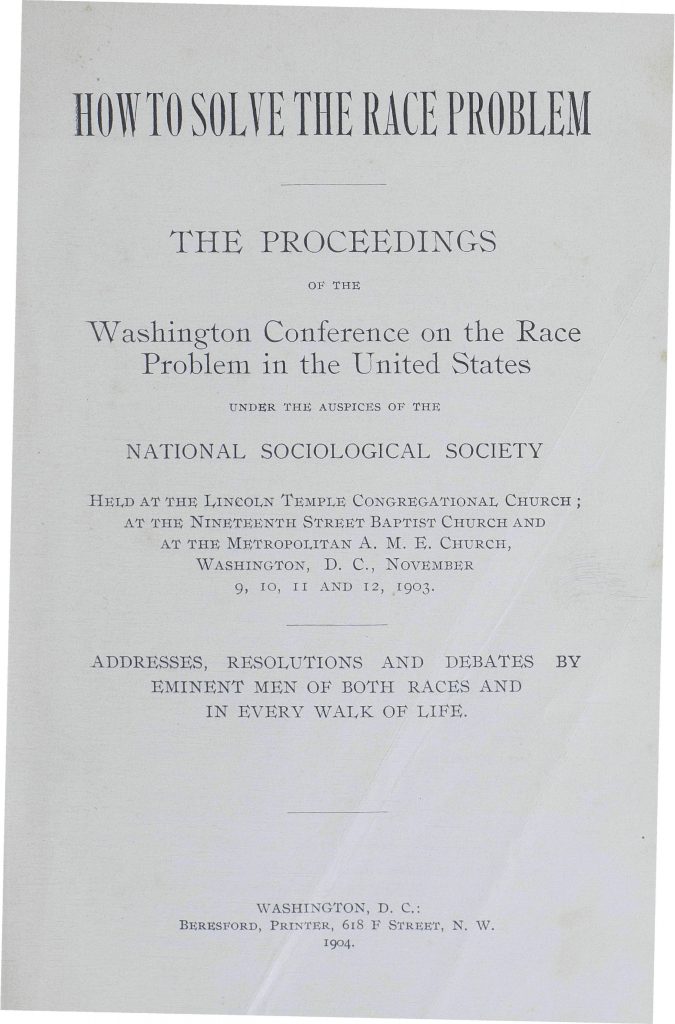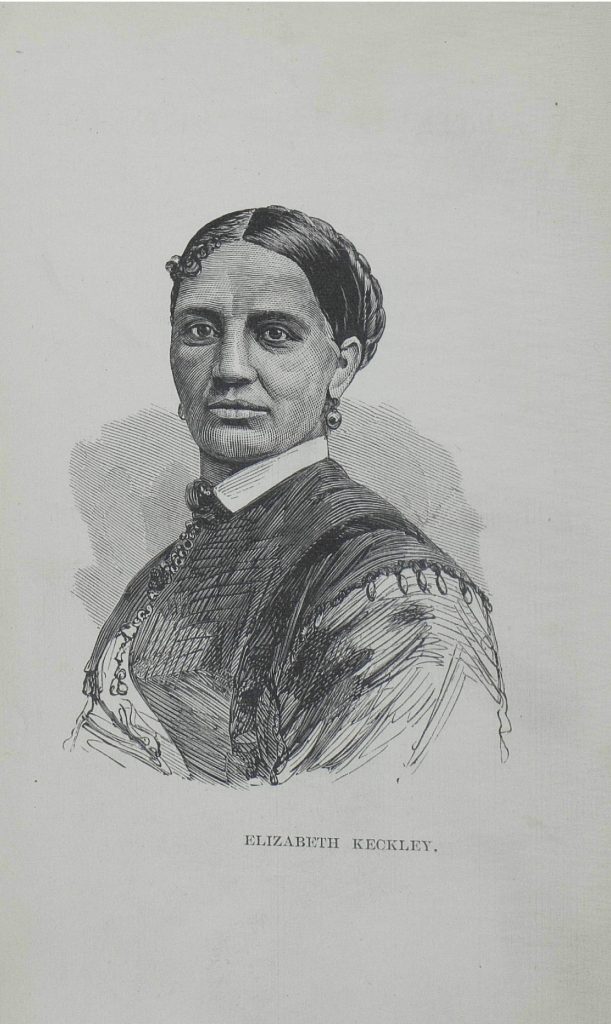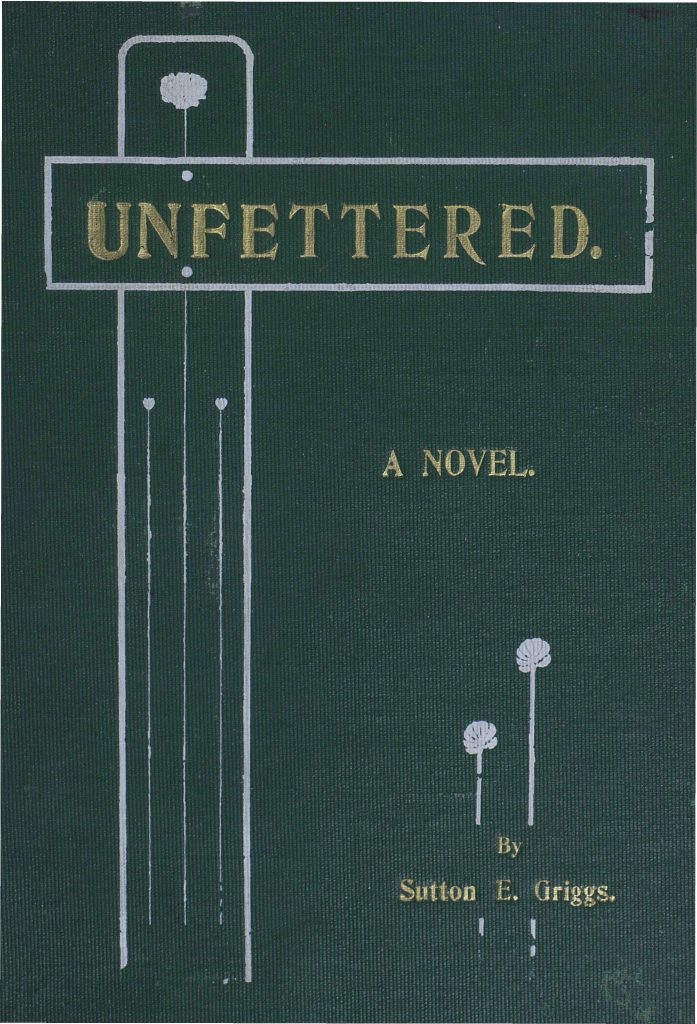
If you’re the type of person who likes to curl up with a creepy story around Halloween, look no further than this list from Shondaland.com, a website founded by Shonda Rhimes. The list features several pivotal works of African-American folklore, such as Virginia Hamilton’s The People Could Fly: American Black Folktales, to get you into that Halloween mood!

“Hamilton’s expansive set of folktales is the perfect introduction to a staple of African trickster characters, slave folklore, and the tradition of oral storytelling that black Americans have long held close. Perhaps most importantly, Hamilton provides a straightforward, blunt explanation of the origin and importance of black folklore in America, noting that while you’re having fun reading these stories you must remember, “these were once a creative way for oppressed people to express their fears and hopes to one another… We must look look on the tales as a celebration of the human spirit.”
You can find The People Could Fly; The Dark-Thirty: Southern Tales of the Supernatural by Patricia C. McKissack; Her Stories: African American Folktales, Fairy Tales, and True Tales by Virginia Hamilton; and The Annotated African American Folktales by Henry Louis Gates Jr. and Maria Tatar right here at The Ames Library. If you need help locating them on the shelf, just drop by a librarian’s office on our first floor.




